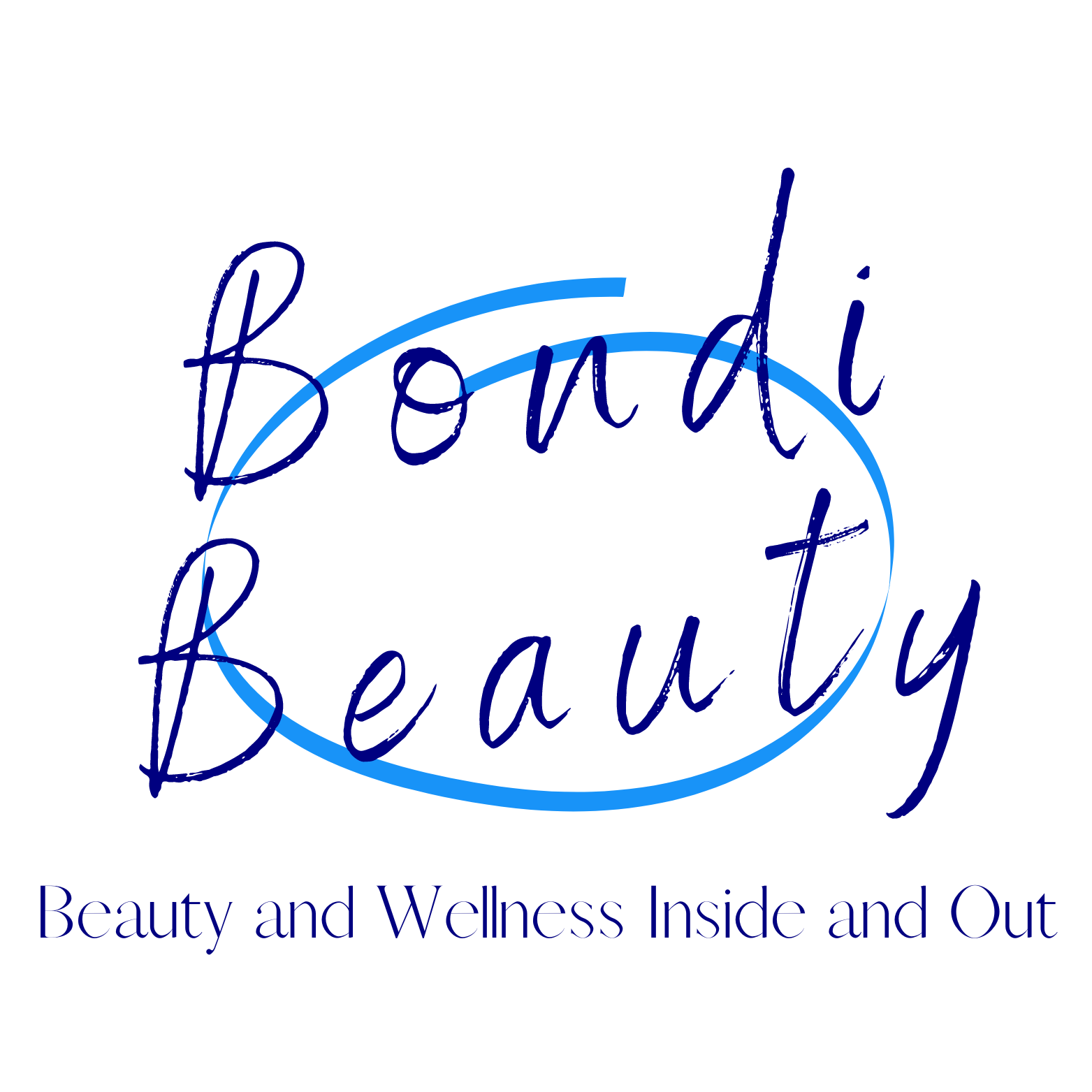Is caffeine good or bad for you? This broad but heated question has been debated for years but with the drinks listed below, it can now be settled that caffeine is proven to be actually good for you.
Regardless of statistics and intense research, caffeinated drinks are some of the most popular beverages, many never going a day without it.
Caffeine is loaded into soft drinks (alongside sugar) and with the plethora of alternative milks now on the market, coffee can now be drunk by anyone regardless of allergies.
There are reportedly potential negative effects of caffeine – stained teeth, increases in the risk of bladder or urinary cancer and so son. However, with enough research and portion control, it is possible to avoid these health risks.
In fact, studies have shown that there are numerous health benefits of caffeine and proven reasons why it is good for you. These benefits include; a decreased risk of Type 2 Diabetes, improved mental health, reduced risk of many types of cancer, neurological disorders and heart disease.
With this in mind, here are our top 4 favourite caffeinated drinks.
For Sensitive Guts: Cold brew

This millennial-beloved drink grew to fame a few years back. According to research from Mintel, cold brew sales expanded by 115 percent in the US from the prior year, reaching about 8 million dollars in sales.
In some studies, cold brewed coffee was found to be 65 percent less acidic than hot coffee. This is due to the process of cold brewing; it extracts less acid and bitter compounds from the beans therefore, making it tolerable to the taste.
As it is less acidic, it is less likely to cause acid reflux, benefitting your gut and decreasing stomach and gut irritation/pain.
For Health Nuts: Green Tea

Green tea is packed with powerful antioxidants, including a catechin called epigallocatechin-3-gallate (EGCG). EGCG helps reduce the formation of free radicals in the body, protecting cells and molecules from damage. This offers various health benefits such as reduced inflammation, weight loss, and the prevention of heart and brain diseases and some types of cancers – breast, prostate and colorectal cancer.
It is also good to remember that caffeine itself is filled with antioxidants, having a lot of the same benefits.
Green tea also benefits oral health and hygiene as it provides polyphenols (natural compounds), which has the ability to protect against oral conditions such as dental caries, periodontal disease and halitosis.
Furthermore, the antioxidant sourced in the tea may also reduce the chances of oral cancer in tobacco users.
In other words, it’s the gift that keeps on giving.
Matcha

Match is a type of green tea, that is made by taking young tea leaves, grinding it up, producing a bright-green powder which is then whisked with hot water.
This popular drink also has its fair share of health benefits – after all it is part of the green tea family. In fact, dietitian and diabetes educator Lusia Sabogal believes that matcha is the healthiest as it contains the highest amount of catechins-EGCG, which we know has cancer-fighting effects. This is because “the entire leaf is used, resulting in greater antioxidant content to hot green tea or black tea”, Sabogal says.
Ask for a Match at your local café and even now even in Boba.
Decaf coffee

Decaffeinated, or ‘decaf’ coffee is a popular option for those trying to cut back on typical brewed coffee. Although its name suggests there’s no caffeine at all, it actually contains 0 to 15 milligrams of caffeine, giving drinkers a little bit of a buzz, in comparison to 85 milligrams of caffeine in a regular coffee.
The small amount of caffeine is still high in antioxidants. So, decaf or not, it is still healthy.
One study found that daily consumption of decaf coffee can result in reduced risks of rectal cancer.
Additionally, decaf coffee may lower mortality due to its positive effect on risk factors like inflammation, depression, lung function and insulin sensitivity.
Disclaimer: Like any food or drink, it has both its negative and positive outcomes. It is important to note that you should speak with your doctor or nutritionist to make sure your caffeine consumption is safe and healthy.

